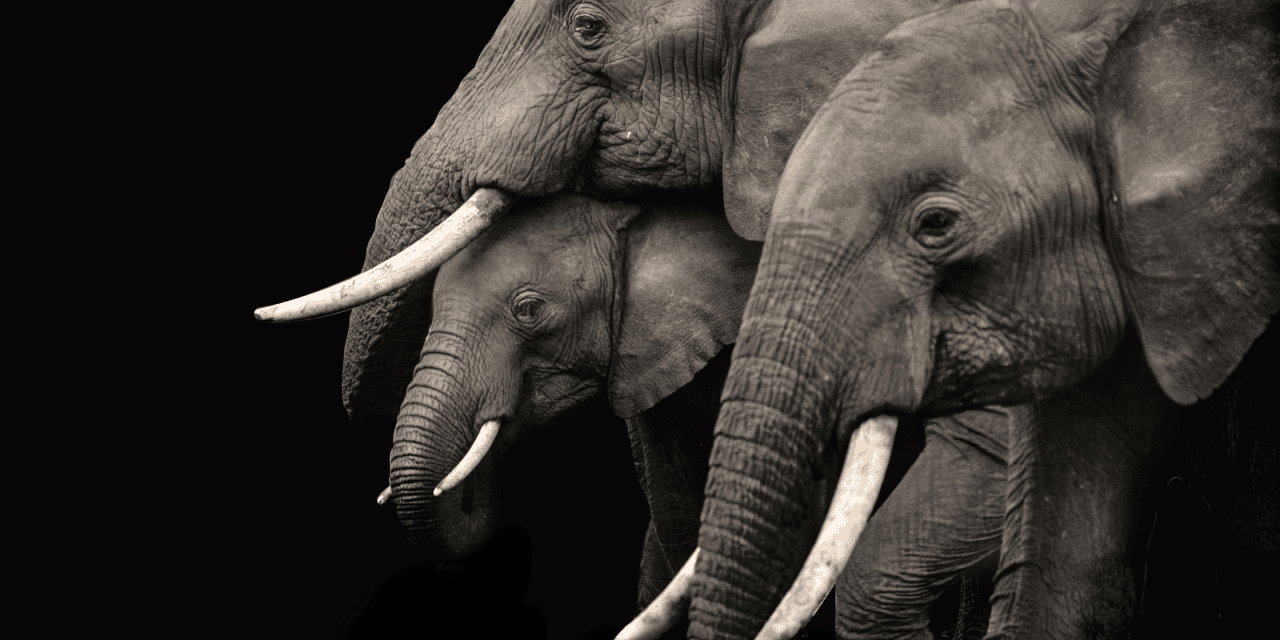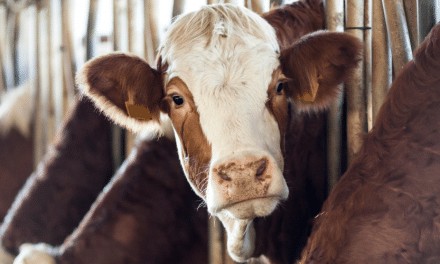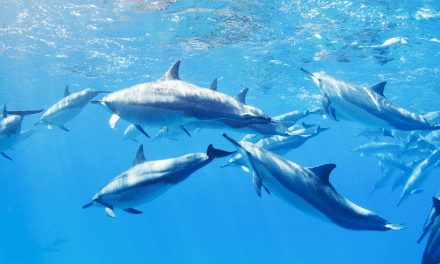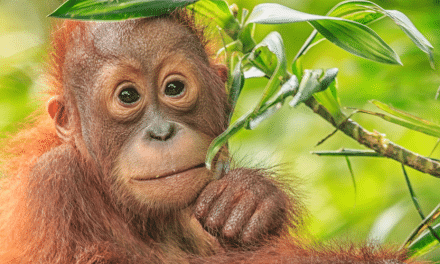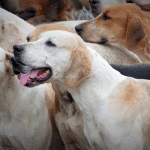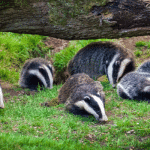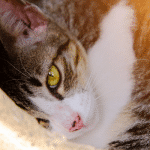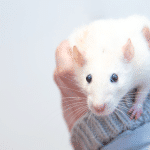The primary aim of the Online Safety Bill is to protect children and other vulnerable individuals from harmful online content. While this covers content that relates to violence, drugs, alcohol or sexual themes, there are a number of amendments being proposed that would also add animal abuse and wildlife trafficking into the scope of the Bill. The Wildlife and Countryside Link has prepared this helpful brief, to explain what amendments are being put forward at committee stage, and the justifications for those amendments. You can read this brief here: https://www.wcl.org.uk/docs/assets/uploads/Online_Safety_Bill_Briefing_animal_cruelty_trafficking_content_12.04.23.pdf
The Online Safety Bill would require all social media platforms to ensure that they have effective systems and processes in place to quickly take down illegal content once it has been reported or they otherwise become aware of its presence. It would also make companies take proportionate steps to prevent users, particularly children, from encountering this content on their site.
The amendments proposed by Sir Lord Stevenson of Balmacara along with assistance from the Bishop of St Albans, would would add offences under section 4 of the Animal Welfare Act 2006 (unnecessary suffering) and offences under section 1 of the Wild Mammals (Protection) Act 1996, to the list of priority offences set out in schedule 7 of this Bill. These sections all refer to instances of causing harm to an animal, both wild and companion. The WCL brief includes case studies which relate to content explicitly showing abuse, mutilation and torture of animals on social media sites, including content that can be made at the request of watchers. By making these priority offences included within the Bill from the outset, it would allow companies to act immediately without having to wait for secondary legislation to come into place that would grant them powers to act. It means that companies and platforms can remove any illegal content as soon as they become aware of it.
The amendments would also seek to include Offences under the Control of Trade in Endangered Species Regulations 2018 (COTES) within the schedule 7 of the Bill. These offences include purchasing, offering to purchase, using for commercial gain, selling or offering to sell endangered species. The WCL brief draws attention to the increase in content online that shows exotic animals (such as birds, primates and reptiles) being offered for sale inside of or into the UK.
The committee stage started on 19 April 2023 and is due to last until the end of June. Once the amendments have been agreed, a revised Bill will be circulated and this will be sent for the third reading in the House of Lords. If the amendments are all approved and no further amendments are required, the Bill will be put forward for Royal Assent and become binding UK legislation. At this stage, we do not know when this is likely to be, however regular updates will be provided.

About the author:
Taylor is a qualified solicitor based in Hertfordshire, where she lives with her husband and house rabbit. She has been an advocate for animal welfare and animal rights throughout her life, and is now using her new found love of long-distance running to raise funds and awareness for multiple animal welfare organisations.

